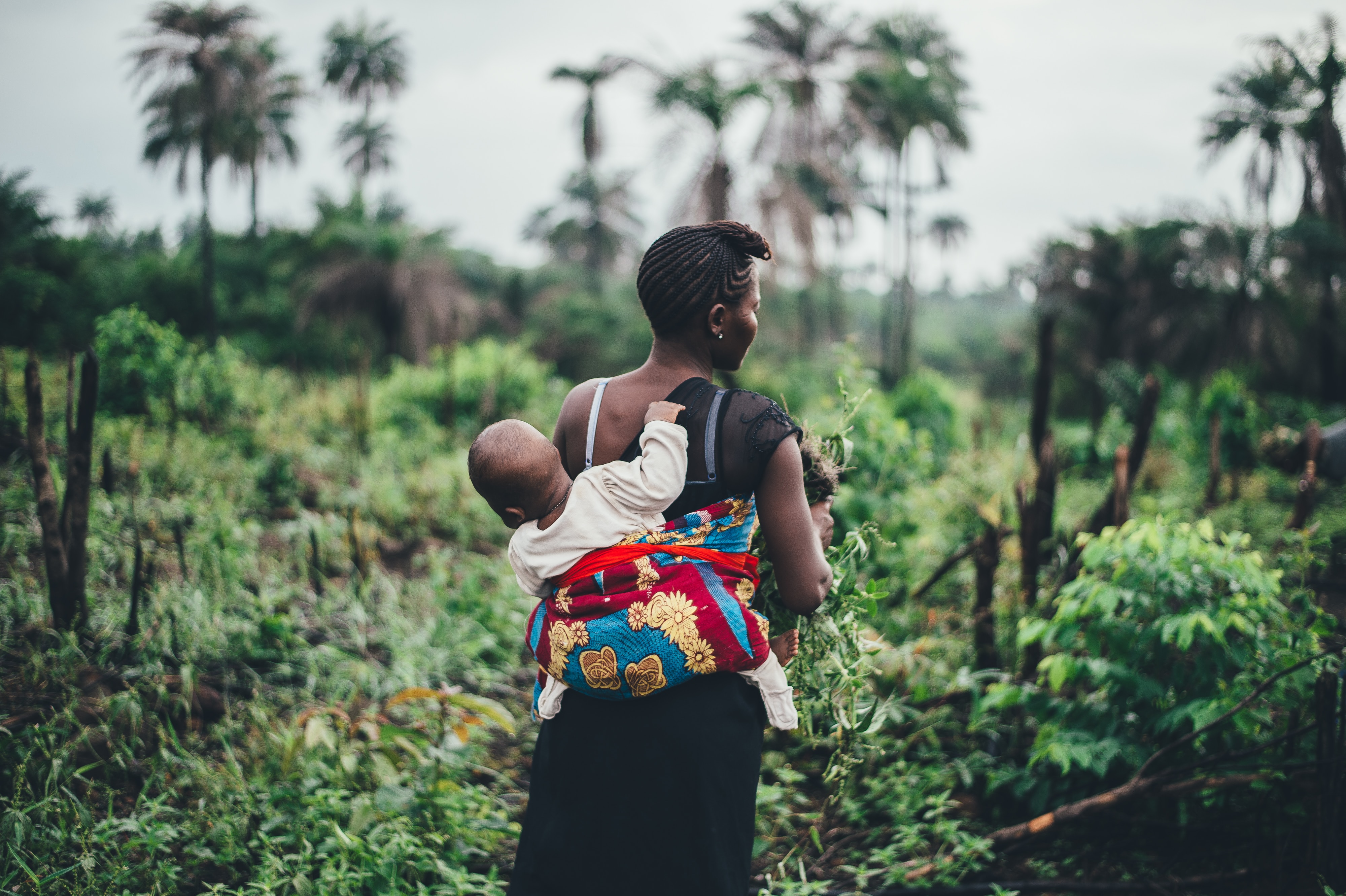FGM and religion in Kenya – conversations with my mother
By Jennifer Muturi, FORWARD intern
It wasn’t until I started working at FORWARD that I had a formal conversation about FGM with my mom. I am Kenyan, of the Kikuyu tribe, and in our tribe (as well as many others) female genital mutilation is still practised.
I vaguely remember my mom telling me, as a child, about a distant auntie who had undergone the procedure but fortunately for my immediate family, my mom’s mother spared her children from the procedure after she became a born again Christian. However although my mom was spared, she was still well aware of the other girls and women who were not:
“The circumcisions usually happen at around age thirteen, depending on the tribe. The girls used to get married early back then. There was no schooling, only seasons of circumcision.
By that, I mean groups of girls would all get circumcised at once, and from then on they were age mates. Then another group would get circumcised and they were age mates. That is why when you hear older Kenyan women refer to their friend as their age mate they do not mean that they are around the same age, but that they were circumcised together. They became women together.
The older women would take the girls down by the river. It had to be done very early in the morning, because this was when the water was coldest. There was no anaesthesia back then, so this water had to be used to numb the pain. They would dip the girls in the water and then chop the clitoris.
The women were trained, but not formally. They knew how to stop the blood only because they were midwives and performed other procedures in the village as well.
After the procedure, the girls were all nursed in one room and as they recovered, they received teaching, or training, on how to be good wives. For weeks they were taught how to be faithful, clean, good wives. After this, the girls would be respected young women.”
My mother recounted this without hesitation. She had grown up in a village that heavily practised FGM and the tale was a familiar one. I knew she despised the practise, but I wanted to know how she thought FGM affected the young girls that she grew up with. When I asked she replied “It’s an emotionally abusive thing for somebody and it degrades a woman. She doesn’t have self-confidence afterwards.”
Although my mom clearly despises the practice she understands why it is still practiced.
“Circumcision isn’t the way we see it now. It wasn’t this big bad thing, but something that needed to be weaned out slowly. Your old auntie probably did not resist. She was probably glad to do it. If she resisted, Grandmother [and others in the villages] would call her the Swahili word for valueless “kiriguo”, a derogatory term for an uncircumcised girl.”
My mom went on to tell me that even though she and I knew that female genital mutilation was a way to suppress women in relationships and a direct reflection of the patriarchal power struggles that plague Africa that was not how it was seen in the village. It was considered a positive thing for a girl.
The way I see it, until education spread to the villages, there was only one future to look forward to: marriage as soon as possible and a clean orderly house to be responsible of. FGM, much like a college degree, got you one step closer to the goal.
It was only when my grandmother learned of the Western world’s hatred for FGM and also became a Christian, that she stopped the practice. Thank God, literally. If I was born to another Kikuyu family, I may not have been as lucky, and I think that is really what drives me to work for FORWARD.

